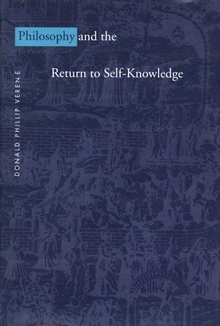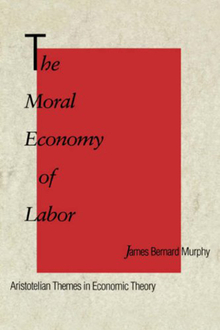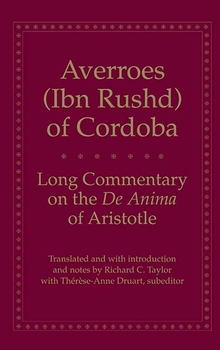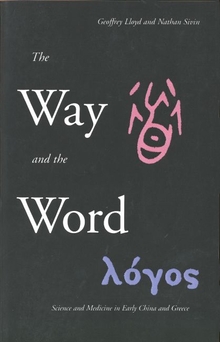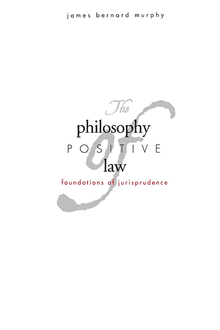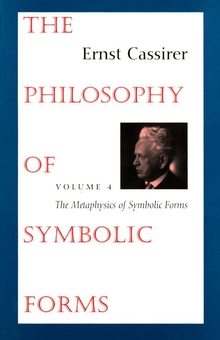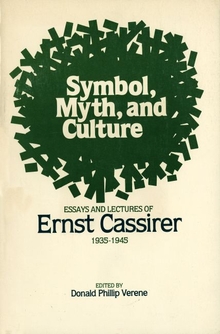Philosophy and the Return to Self-Knowledge
WARNING
You are viewing an older version of the Yalebooks website. Please visit out new website with more updated information and a better user experience: https://www.yalebooks.com
Donald Phillip Verene
Focusing in particular on the traditions of some of the late Greeks and the Romans, Renaissance humanism, and the thought of Giambattista Vico, this book's concern is to revive the ancient Delphic injunction, "Know thyself," an idea of civil wisdom Verene finds has been missing since Descartes. The author recovers the meaning of the vital relations that poetry, myth, and rhetoric had with philosophy in thinkers like Cicero, Quintilian, Isocrates, Pico, Vives, and Vico. He arrives at a conception of philosophy as a form of memory that requires both rhetoric and poetry to accomplish self-knowledge.
A selection of Readers’ Subscription
"This is a magisterial work—rich in wisdom and learning, and beautifully written. It is essential reading for all friends of the speculative spirit."—Stanley Rosen, author of Plato's Statesman: The Web of Politics
"Citations and definitions make this into a philosopher's memory-theater, in which, as in a scrapbook, are nostalgically preserved these voices of the past that alone bring us back to the springs of thought."—Giuseppe Mazzotta, Philosophy and Literature
"The significance of this book for scholars interested in aesthetics and education cannot be overestimated, for Verene's ideas call for a complete revaluing of rhetoric and memorization in education, and some serious reconsideration of 'critical thinking' and the role of technology. . . . Verene consciously employs rhetorical strategies that undercut the rational critique that is modern philosophy's stock-in-trade. He uses aphorism, etymology, fable, and even concludes the work with a myth à la Plato. The look is a tour-de-force of premodern philosophical style that not only argues for a rhetorically based alternative to contemporary educational philosophy but exemplifies it. And it is a pleasure to read."—John D. Schaeffer, Journal of Aesthetic Education
"[A] penetrating criticism of our technological society. . . Along with his diagnosis of the problem, Verene offers a solution: philosophy should return to the themes of Socrates. . . This delightfully eloquent indictment of the current state of affairs in both philosophy and society will be thought-provoking and enlightening for all engaged in the elusive search for wisdom."—Choice
"In his latest book, the distinguished Vico scholar Donald Phillip Verene offers us a diagnosis of our current philosophical malaise and a prescription for its cure. . . . Verene has certainly written a provocative and intriguing book."—Kevin E. Dodson, Review of Metaphysics
"Verene's long psycho-mythological histories often lead the traveller to well-lit, sunny places, and his plea for a return to self-knowledge based on memory, eloquence, and prudence is certainly inspiring in these new dark ages."—Rik Peters, CLIO: A Journal of Literature, History, and the Philosophy of History
"With virtuosity of an artist, Verene leads the reader from the foreword through the epilogue. The present book is not a philosophical treatise in the ordinary sense; rather, it is a philosophical symphony, or even, a philosophical panorama."—Alexander L. Gungov, Philosophische Rundschau
"A wonderful read and a much needed challenge for philosophy to return to self-knowledge."—Jack T. Hanford, Journal of Interdisciplinary Studies
Publication Date: October 20, 1997

